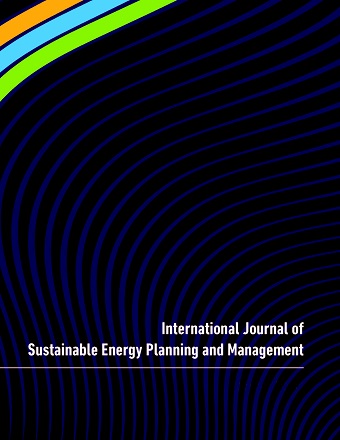Evaluation of China’s policy for wind power development from the new structural economics perspective
Main Article Content
Abstract
The Chinese energy transition, as a shift from fossil fuels to renewable energy sources, involves the dynamic growth of wind power’s importance in a national energy mix. The development of the wind power industry in this country is intertwined with the implemented policies that translated to the significant increase in energy generation from this power source and the growth of trade volumes of wind power products. This research aims to review and analyse the China's policy that impacted wind power development in 2000-2019. The author aims to evaluate the efficiency of implemented policies and strategies from the perspective of the new structural economics assumptions and the revealed comparative advantage of the Chinese wind energy products. In addition to the review of scientific literature and policy documents, as well as analysis of the relevant trade and energy indicators, the method applied in this research is a calculation of the Revealed Comparative Advantage (RCA) index. The results provide pieces of evidence that despite the substantial development of the Chinese wind power industry on a national scale, this country still has not revealed a comparative advantage globally. However, the results also suggest that the Chinese wind power industry is on the right track to achieve export specialisation soon. Furthermore, the China's policy for wind power development matches the new structural economics assumptions. The presented insight into studied industry blazes the trail for other countries, which consider following the Chinese development path by shaping the growth of leading-edge industries and the energy transition process throughout various state interventions.
Article Details
Articles published in International Journal of Sustainable Energy Planning and Management are following the license Creative Commons Attribution-NonCommercial-NoDerivs 3.0 Unported (CC BY-NC-ND 3.0)
Authors retain copyright and grant the journal right of first publication with the work simultaneously licensed under a Creative Commons Attribution License: Attribution - NonCommercial - NoDerivs (by-nc-nd). Further information about Creative Commons
Authors can archive post-print (final draft post-refereering) on personal websites or institutional repositories under these conditions:
- Publishers version cannot be stored elsewhere but on publishers homepage
- Published source must be acknowledged
- Must link to publisher version

